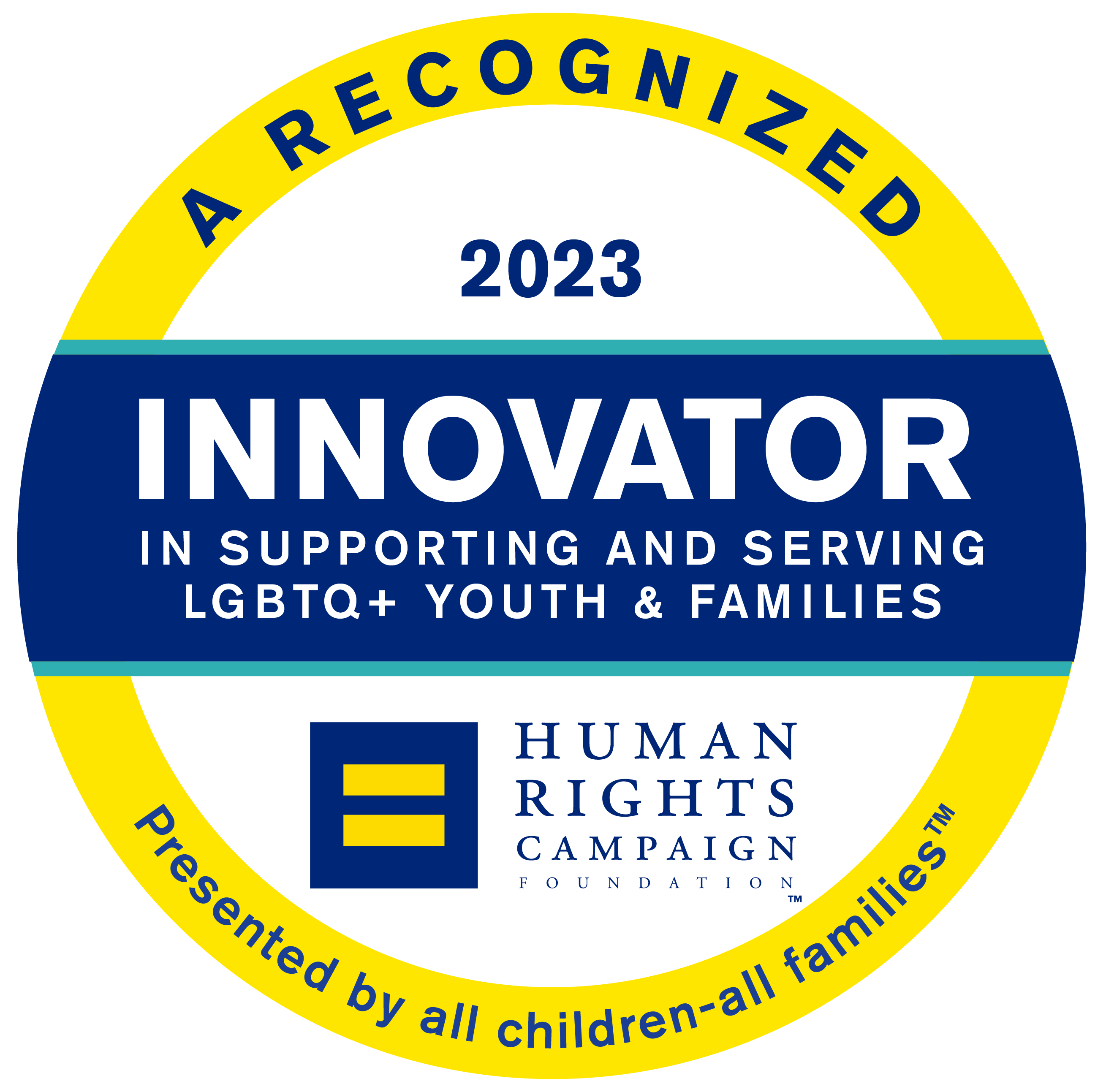About Us

We Facilitate
Inner Healing
After a traumatic experience, a child must heal emotionally, mentally, and socially to learn and grow. Lawrence Hall treats some of the most serious consequences of childhood trauma through therapies and positive youth development strategies.

We Promote
Stability
Childhood trauma can cause complete distrust in family and home as safe spaces. We focus on providing nurturing, healthy living environments to promote and ensure stability in our children’s and older adolescents’ lives.

We Support
Strong Communities
The effects of trauma ripple through communities, resulting in mistrust, separation, and oftentimes violence. Lawrence Hall supports rebuilding trust and connection in Chicago’s communities through a variety of programs and resources.
Lawrence Hall allowed me to spend the remainder of my childhood as a child.
Listiner Martinez
Trauma-Informed Care
The Lawrence Hall way: Using a trauma-informed lens
Everything that we do is centered around helping our youth and young adults heal from their past trauma and lead productive lives. To do this, we provide trauma-informed care, a relationship-based approach that allows us to understand a youth’s background, identify possible triggers, and develop appropriate coping mechanisms.
We follow the 5 S’s Approach to work with youth who have been impacted by childhood trauma:
- Practice self care to prevent secondary trauma
- Create a safe environment
- Provide supportive adult relationships
- Model and teach self-soothing and self-regulation techniques
- Develop strengths
How do you measure childhood trauma?
The more adverse childhood experiences (ACEs) a child has lived through, the greater the risk of the child having not only mental, emotional, and social challenges, but long-term physical health problems as well. Research shows that trauma negatively affects the actual physical body, with life-threatening effects that could lay dormant for decades.
ACEs are far more common than you may think; 3 of 5 adults have at least one ACE, and almost 1 of 6 adults have 4 or more ACEs.
We are all Lawrence Hall
What’s your ACE score?
Many of the youth we work with have ACE scores between 5-7, which makes our work so essential in promoting coping mechanisms and protective factors, like mentors and workforce development opportunities. Check out your own ACE score with this quick quiz.
Lawrence Hall is a 501(c)(3) organization. Gifts are deductible to the full extent allowable under IRS regulations.
©2024 Lawrence Hall All rights reserved. Site Construction by WorkSite










